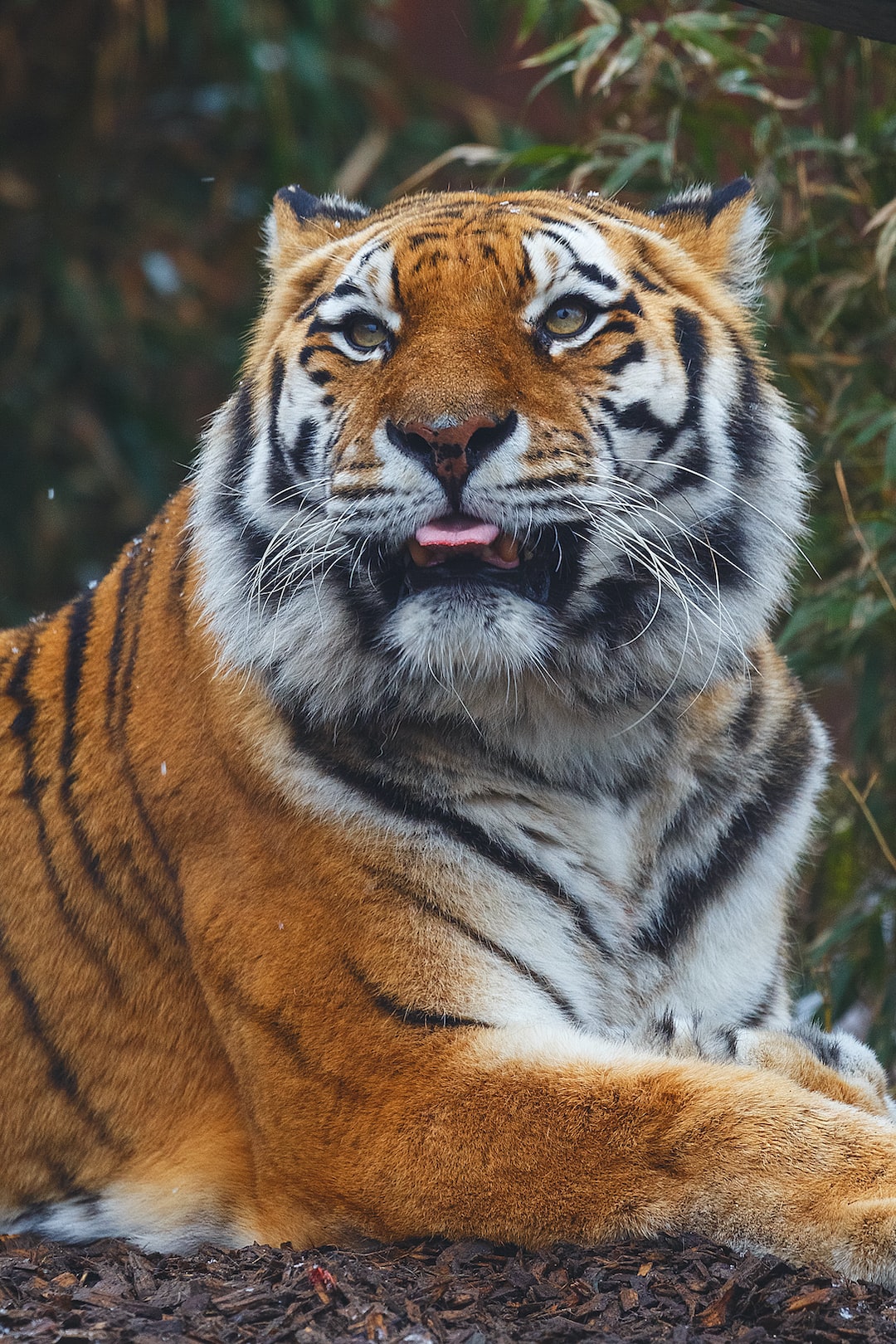Guinea Pigs as Pets: Understanding Their Unique Care Needs
When it comes to choosing a pet, many people opt for a dog or a cat. However, have you ever considered the charm and companionship that a small and furry guinea pig can bring to your life? Guinea pigs, also known as cavies, are adorable little creatures that make excellent pets, especially for those who may not have the space or lifestyle for larger animals. But before diving into guinea pig ownership, it’s important to understand their unique care needs to ensure a happy and healthy life for your new furry friend.
First and foremost, guinea pigs are social animals and thrive on companionship. It is essential to have, at the very least, two guinea pigs together, as they are highly sociable and require the interaction and comfort of their own kind. In fact, guinea pigs can become lonely and depressed if kept alone for long periods of time. So, consider adopting a pair from a reputable rescue or breeder, ensuring they are of the same sex to avoid unwanted breeding.
Next, providing a suitable living environment is crucial for guinea pig welfare. These small mammals need plenty of space to roam around, so a cage or enclosure with a minimum size of 7.5 square feet is recommended for two guinea pigs. Additionally, the cage should have a solid bottom to prevent injuries to their sensitive feet and be equipped with bedding or substrate that is safe and comfortable for them. Avoid cedar and pine shavings, as the aromatic oils can harm their respiratory system. Instead, opt for bedding made from paper or fleece.
Guinea pigs are herbivores, and their diet primarily consists of hay, fresh vegetables, and pellets. Hay is an essential component of their diet, as it aids in digestion and helps keep their teeth healthy. Provide an unlimited supply of hay and be sure to rotate it often to prevent it from becoming soiled. Additionally, make a variety of fresh vegetables available to add nutritional diversity to their diet. Avoid feeding them iceberg lettuce and certain vegetables like onions, avocado, or potatoes, which can be harmful to their health.
Pellets formulated specifically for guinea pigs should also be a part of their daily diet. These pellets contain necessary nutrients, such as Vitamin C, which is vital to a guinea pig’s health as they cannot produce it on their own. However, keep in mind that pellets should only make up a small portion of their overall diet, and should not replace the essential hay and fresh vegetables.
Another aspect of caring for guinea pigs is grooming. These delightful creatures, with their long coats, require regular brushing to prevent their fur from matting or becoming tangled. Long-haired guinea pigs will require more frequent grooming than short-haired ones. Additionally, guinea pigs depend on their owners for nail trimming, as their fast-growing nails can cause discomfort or even health issues. Be sure to learn how to properly trim their nails or seek assistance from a veterinarian.
Aside from their physical care, mental stimulation is crucial for guinea pigs. Providing a variety of toys, tunnels, and chewable items is essential to prevent boredom and encourage natural behavior. Guinea pigs are natural burrowers, so consider providing them with tunnels and hideouts where they can retreat and feel safe. Additionally, time outside of their enclosure, under close supervision, is highly beneficial for their overall well-being. They enjoy exploring new surroundings and can even be trained to perform simple tricks.
Lastly, regular veterinary check-ups are vital for maintaining your guinea pig’s health. Find a veterinarian experienced in treating small animals, specifically guinea pigs, to ensure they receive the appropriate care. Guinea pigs are prone to certain health issues, such as dental problems and respiratory infections, so early detection and intervention are essential for their well-being.
In conclusion, guinea pigs make wonderful pets but require specific care and attention to thrive. From the importance of companionship to providing a suitable living space, a balanced diet, regular grooming, mental stimulation, and veterinary care, there are many factors to consider when welcoming a guinea pig into your home. By understanding their unique needs and dedicating yourself to their well-being, you can enjoy a rewarding and fulfilling relationship with your furry friend for years to come.

